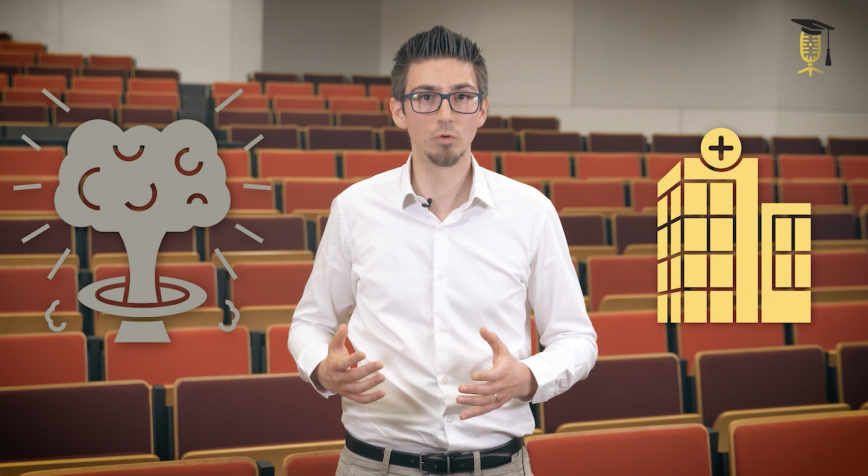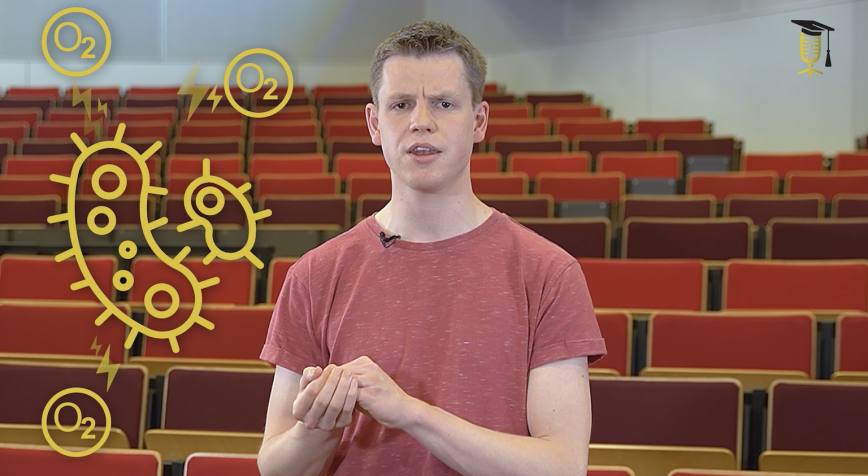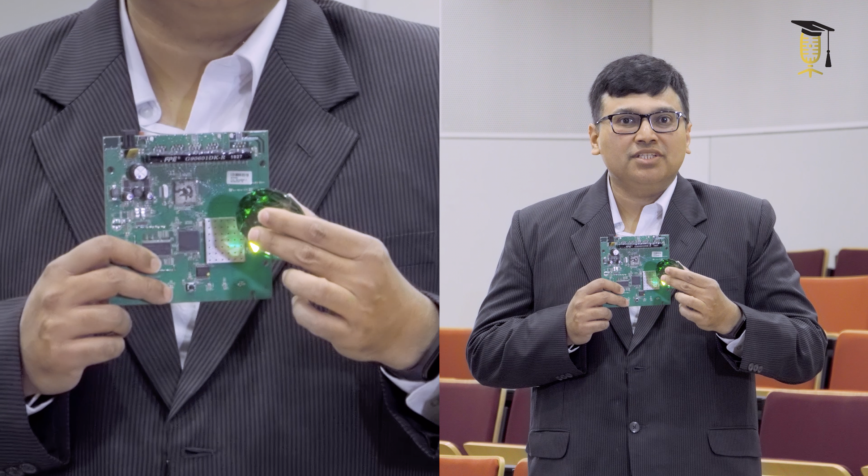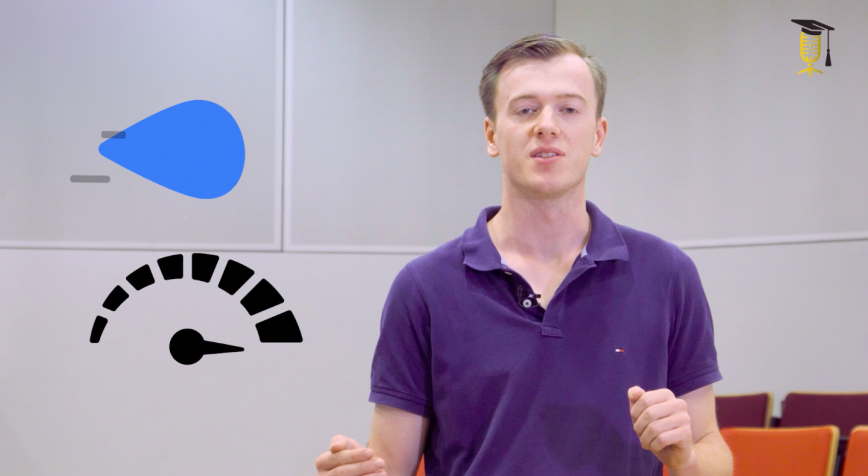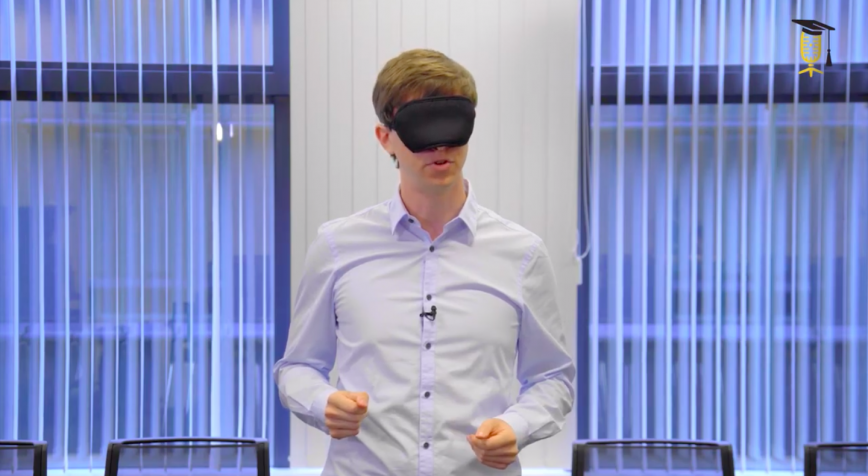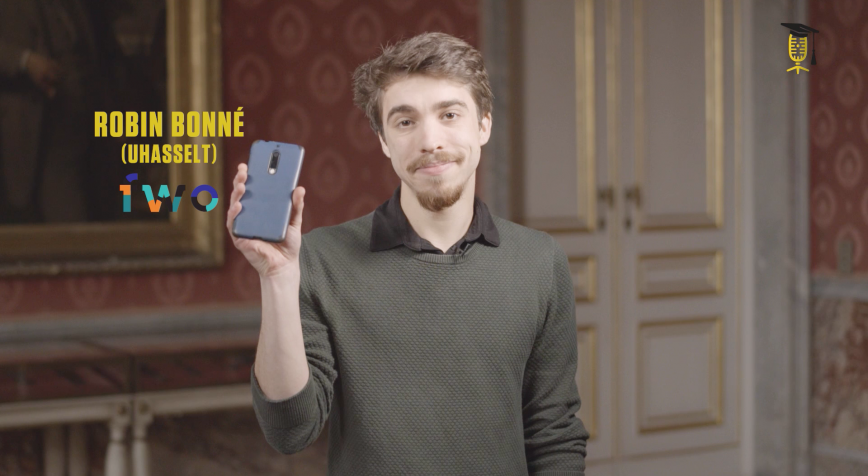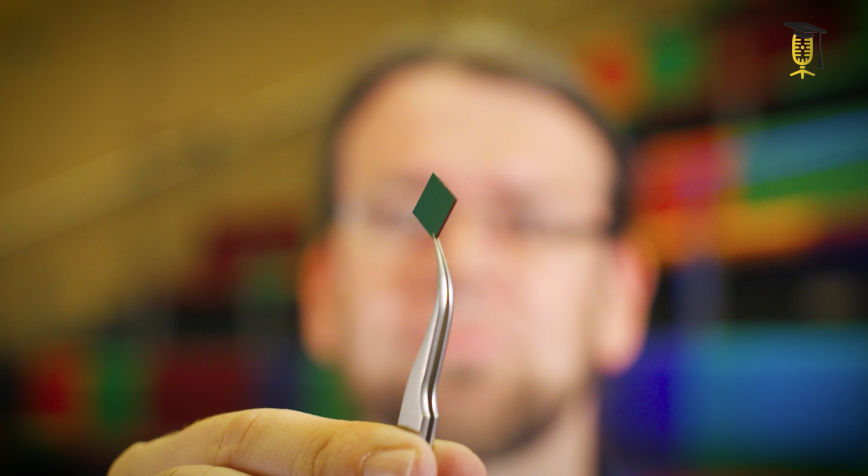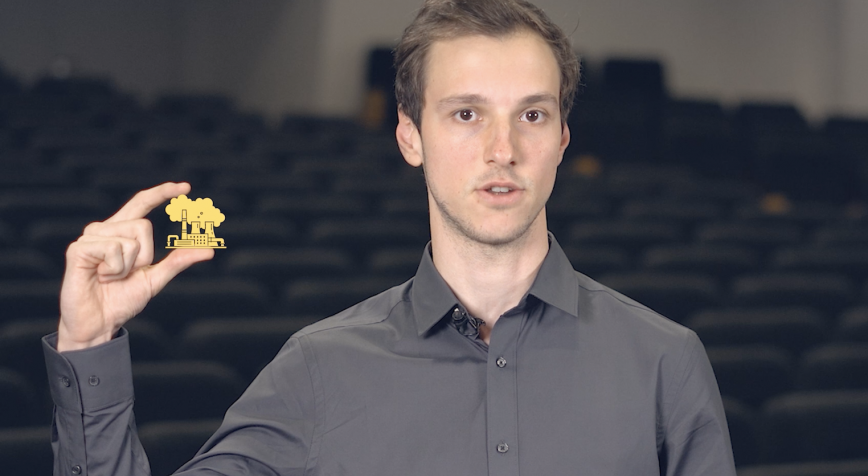
FWO
UAntwerpen
VITO
Recycling CO2: how can we do it?
Imagine that, instead of emitting harmful CO2 into the atmosphere, we could recycle it and use it to power your future laptop or smartphone. That's what Kevin Van Daele is researching. He is developing new catalysts to efficiently convert CO2 into formic acid, a valuable chemical that could one day power your future electronic devices.
